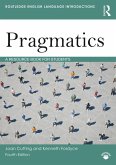
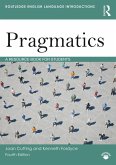
Gebundenes Buch
A Resource Book for Students
4. Aufl.
26. November 2020
Routledge / Taylor & Francis
Ähnliche Artikel
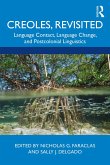
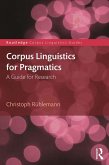
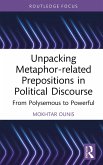
22,95 €
Sofort per Download lieferbar
eBook, PDF
27. November 2023
Taylor & Francis eBooks
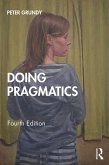
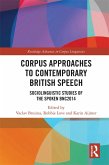
eBook, PDF
23. Mai 2018
Taylor & Francis eBooks


eBook, PDF
27. Dezember 2020
Taylor & Francis eBooks
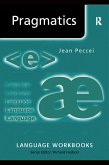
29,95 €
Sofort per Download lieferbar
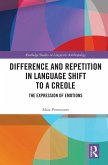
eBook, PDF
8. Oktober 2019
Taylor & Francis eBooks
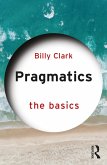
23,95 €
Sofort per Download lieferbar
Ähnlichkeitssuche: Fact®Finder von OMIKRON
